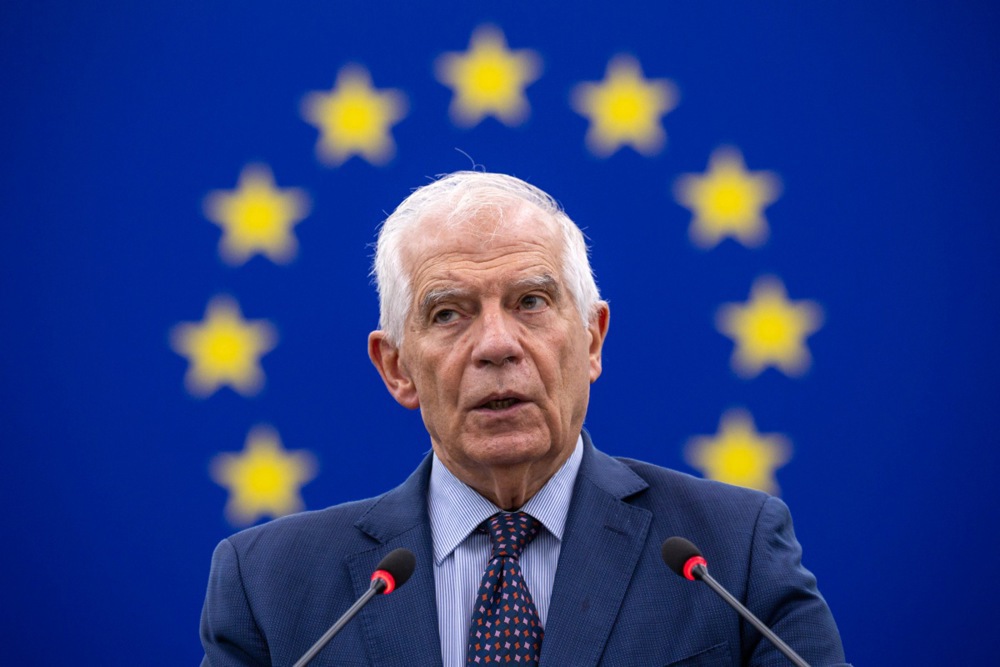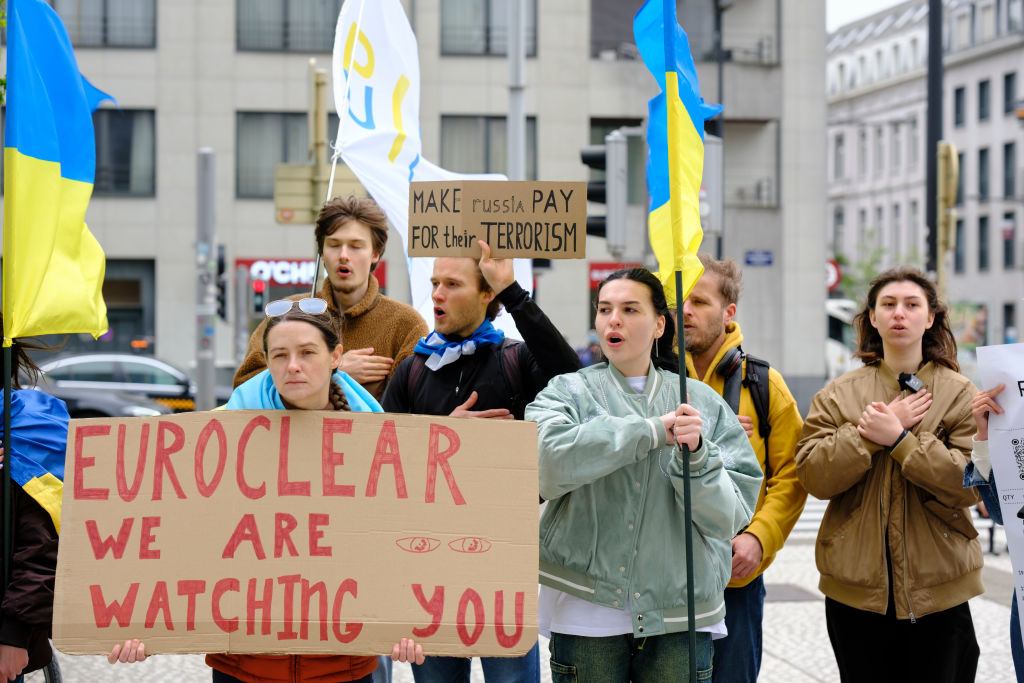The Estonian parliament has approved a constitutional amendment to strip citizens of aggressor nations from being able to vote in its elections.
It passed with 93 votes to 7 on March 26, with one abstention, and was met with a standing ovation at the Riigikogu, or parliament.
The amendment was proposed in response to security concerns after Russia invaded Ukraine in 2023.
“This is a joint victory,” Estonian Prime Minister Kristen Michal said on X.
“In our local life, it is not the citizens of aggressors who make the decisions, but we who are the decision-makers in our own country. A very principled choice, and I thank the members of the Riigikogu for making this choice. An important decision was made.”
Aitäh! See on ühine võit ??
Meie kohalikus elus ei langeta otsuseid agressoriikide kodanikud, vaid omal maal oleme otsustajad meie ise.
Väga põhimõtteline valik, tänan Riigikogu saadikuid selle valiku tegemise eest. Oluline otsus langetatud! pic.twitter.com/33a6pRqHSw
— Kristen Michal (@KristenMichalPM) March 26, 2025
There is a large minority of ethnic Russians in the Baltic country, once controlled by the Soviet Union.
The reform mainly affected 80,000 people holding Russian citizenship.
Only Estonian nationals or people from the European Union will be eligible to vote in local elections, according to the revisions.
The country also removed the right to vote from citizens of non-EU NATO states such as the US, Canada and the UK, who were residing in Estonia.
The upcoming elections, scheduled on October 19, will mark the final time for stateless people and those with unclear citizenship to cast ballots.
According to proponents of the amendment, the move would lead to people taking up Estonian citizenship.
Eesti 200 MP Toomas Uibo told Estonian news outlet ERR: “This is an extremely significant historic decision. And for me, above all, it’s about protecting democracy and ensuring security.” He added that the bill wasn’t discriminatory “because people have freedom of choice — they can become Estonian citizens”.
The Centre Party voted against. Vadim Belobrovtsev, one of the seven MPs for the Centre Party, said “the vast majority” of the targeted people were “fully loyal to the Estonian State” and that the move sent out the wrong signal.
The Social Democrats were initially opposed to the idea but in the end, supported the latest amendment
Estonian Prime Minister Kaja Kallas has indicated that her administration is looking at measures for deporting any permanent residents of Estonia who seek to accept Russian citizenship. https://t.co/e4KwiYEyQC
— Brussels Signal (@brusselssignal) January 9, 2024





